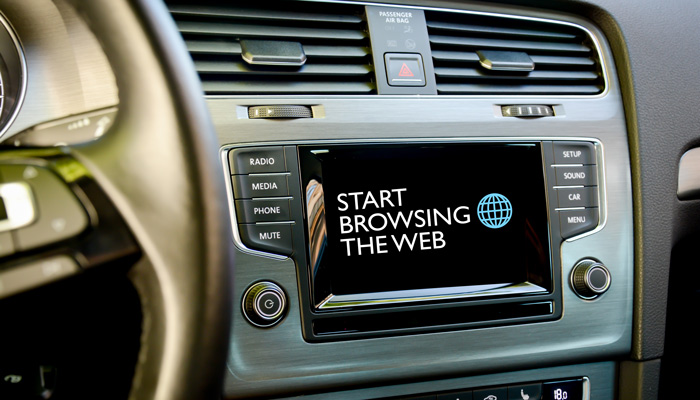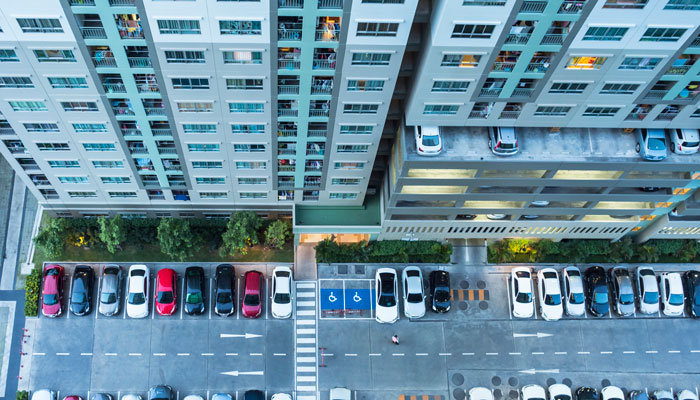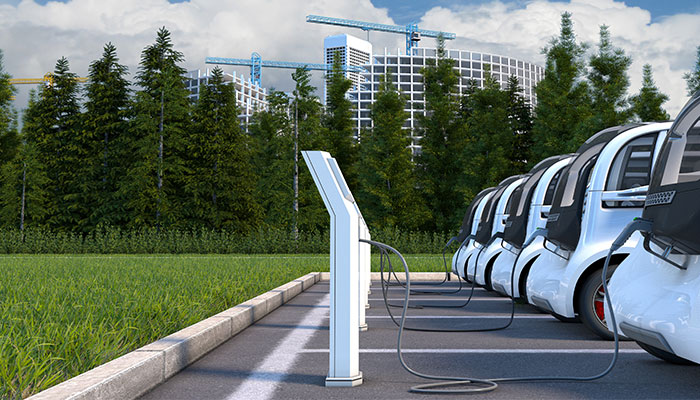In Sydney in September, a woman using her mobile phone to send text messages while driving in Kellyville hit four pedestrians, critically injuring a young girl. She copped a range of charges including three counts of dangerous driving occasioning grievous bodily harm, and was released on bail to face court this month.
This is just the latest in a series of tragic vehicle accidents caused by drivers distracted by their mobile phones. Plenty of research shows that using a smartphone behind the wheel is dangerous – and in NSW, new penalties have been introduced to deter drivers.
But while regulators, safety authorities and police focus on illegal mobile phone use while driving, motorists are facing increasing distraction from a legal source: their own car’s digital dashboard, a component steadily increasing in complexity with each new model of vehicle.

Too much tech: dashboards deliver a highly distracting overload of information which in turn affects driver behavior.
And electric vehicles (EVs) come with an additional distraction: a phenomenon known as ‘range stress’ which refers to driver anxiety about getting stranded if they can’t recharge their EV in time.
Dr Mauricio Marrone, who is a Senior Lecturer in Macquarie’s Department of Accounting and Corporate Governance, has worked with Dr Ilja Nastjuk who teaches information systems in the Faculty of Business and Economics, to explore the range stress phenomenon. During this research, they discovered that complex high-tech dashboards can be highly distracting to drivers.
“We are all attracted to new technology, we want the latest and greatest features when we buy something new, like a car,” says Dr Marrone.
Too many dashboard options
Today’s high-tech car dashboard delivers a surfeit of data, ranging from live sat-nav directions to internal and external temperatures to fuel efficiency to audio controls, with some even syncing text messages, tweets and photographs to the car’s digital dashboard via a linked smartphone.
“Technology has a dark side,” says Dr Nastjuk. “The complexity of these new systems in cars that deliver information about things like air con and fuel data causes drivers to be distracted and adds a lot of stress to driving.”
Not only do complex dashboards distract motorists from keeping their eyes on the road, they also divert driver attention from simply negotiating the road and operating the vehicle, to making decisions about a lot more things that aren’t relevant to road safety, he continues.
“To turn on the air conditioning in my first car, there was one knob which turned it off or on, then four different fan speeds,” Dr Marrone says. “It was very simple to operate. Now, on your car dashboard you can set air conditioning to precise temperatures, and set how much goes to different zones in the car, so there are more options to be assessed and many more decisions to be made.”
Electric car battery depletion anxiety

Stress: Researchers asked drivers how constantly changing information about remaining charge in EVs affected their driving.
The pair worked on a research project which assessed 56 drivers on their experiences with in-vehicle information systems, specifically focusing on the car dashboard data around electric vehicle battery depletion.
In some vehicles, the dashboard displays real-time calculations of the range that a car can travel on its existing charge, and these fluctuate greatly depending on a person’s driving patterns, Dr Nastjuk explains.
“We asked: what affect does it have on people’s driving, when they have to process a lot more information, and is it helpful for people to have constantly updated information about the remaining range of their electric vehicle, or is that constantly changing information just adding to driver stress?” says Dr Nastjuk.
Their research shows that technology in cars can influence people’s stress perceptions and ultimately driving behaviours.
“The ideal is that a car is equipped to deliver only the information that is necessary for you to reach your final destination safely,” says Dr Marrone.
New designs needed
“Otherwise people feel that they are overloaded, processing too much information, and the stress means that they stop paying attention to the number one priority in driving, which is that your eyes should always be on the road.”
The researchers say that many systems and many hands-free smart phones now allow drivers to switch off much of the information and distractions that could come in while they are driving.
“This is a good time to explore the sources of driver distraction within the vehicle,” says Dr Nastjuk, who adds that even in Europe, there are few restrictions on dashboard distractions, with most regulatory focus on mobile phone use in the vehicle.
Dr Marrone says that car manufacturers should be designing technology that enables drivers to only see information when they can process it.
“There’s certainly plenty of room for improvement.”



